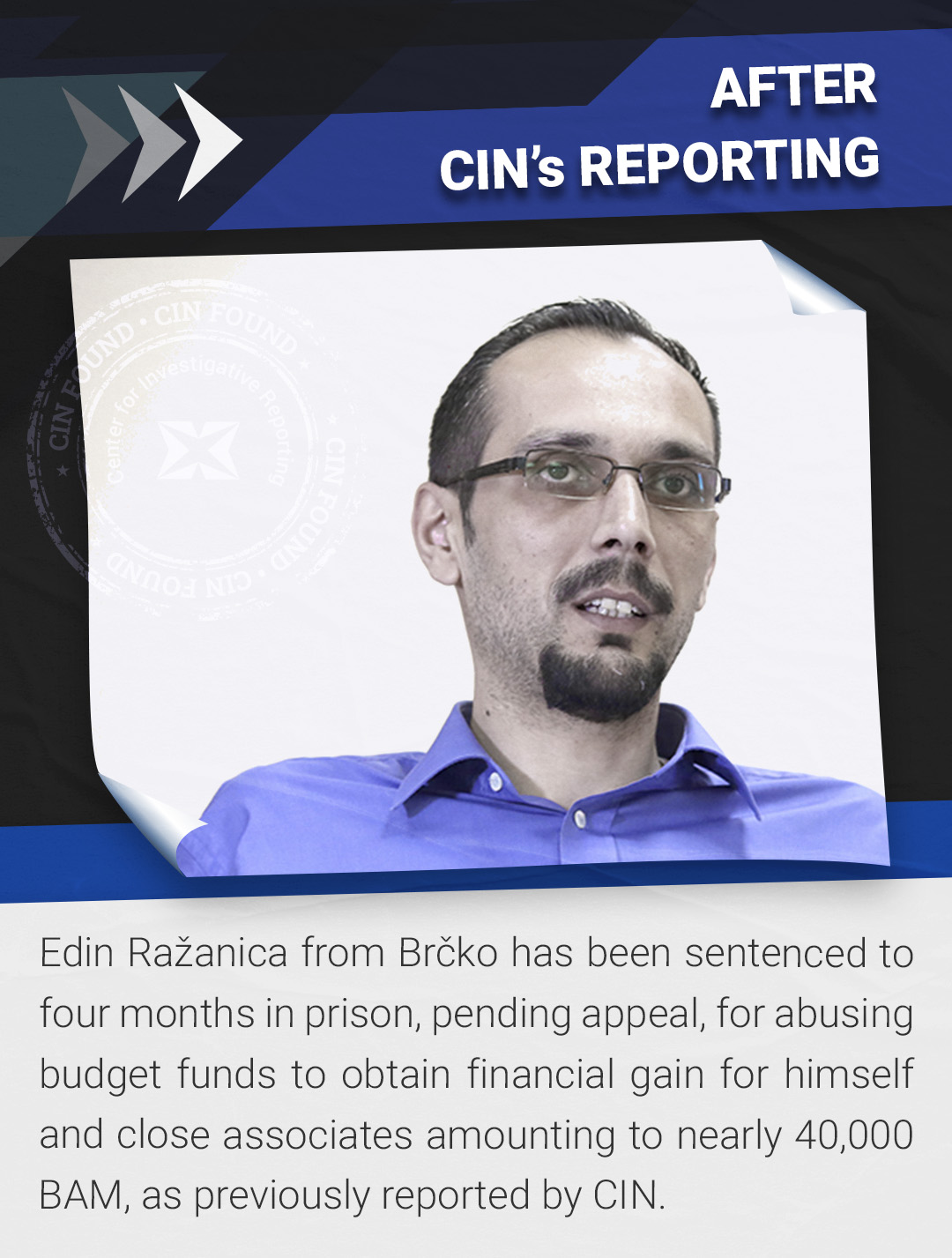Information that Gahima left Rwanda in 2004 after resigning from the Supreme Court amidst allegations about his personal finances and misuse of office when he was Prosecutor General, were published in an investigation by the Center for Investigative Journalism in Sarajevo (CIN) last month.
The investigation will center on allegations in the CIN article, Perić said. The Office of Disciplinary Counsel, headed by American David Upcher, will conduct the investigation, Perić added.
“I’ve talked to High Representative (HR Paddy Ashdown) and he said he agrees that local and international judges will be treated in the same way in (disciplinary) cases,” Perić said. “The HR will not intervene in the course of the investigation, but he will make the decision (on Gahima’s status) in the end.”
Gahima could be terminated by the HR depending on the results of the investigation, Perić said.
In a letter to Meddžida Kreso, President of the State Court, Gahima asked for an investigation after the CIN article and said that the allegations were not true, and that he would cooperate fully with any inquiry, according to Perić.
Gahima was nominated for the HR’s consideration by Michael Johnson, the temporary international registrar of the State Court, which houses the new Chamber.
But before hiring Gahima the OHR received no background information other than a CV, according to former deputy HR, Bill Potter. The HR’s office was unaware of the controversy surrounding Gahima when he left Rwanda in 2004 until the issues were raised by CIN, according to Potter and his replacement, John Peyton.
Gahima left Rwanda in January of 2004 one month after taking the position as Vice-President of the Rwandan Supreme Court. Then and now Gahima has insisted that he left for personal reasons, which he does not wish to discuss.
But he has never publicly answered questions about personal and business debts of more than 330 million Rwandan francs (RWF), or 603,000 USD and allegations of misuse of authority by the National Rwandan Human Rights Commission, which were never acted on by the Rwandan government.
The allegations were widely discussed in the Rwandan and international press.
Gahima refused comment last month on specific allegations when reached in his BiH Court office.
“I don’t want to discuss those issues’ Gahima said. ‘I have not had any problem with the banks, I have never done anything irregular, and I don’t want to discuss my political problems with the press.’
The Rwandan newspaper, Umuseso, first raised the issue of Gahima’s bank loans when it found he had been listed as a ‘Class 5’ debtor by the Rwandan National Bank. The Class 5 designation warns commercial banks to avoid loans to high risk debtors who have not repaid loans.
The list, which CIN has reviewed, identified ”Gerard Gahima” as a Class 5 debtor for a 17 million RWF (31,000 USD) loan from BCR bank, and Equatoria Consult, which Gahima describes as a family business, as a Class 5 debtor for a 313 million RWF (572,000 USD) loan from BCDI bank.
In separate allegations, a Rwandan government-watchdog organization said that Gahima overstepped his authority while he was prosecutor general.
In annual reports covering 2000, 2001 and 2002, the National Human Rights Commission cited Gahima’s office for allegedly illegally arresting and holding a former member of parliament, Mbanda Jean, for about three years on corruption charges without a trial.
The commission found that Mbanda had been arrested in May 2000 on six-year old fraud, forgery and embezzlement charges three weeks after he wrote an open letter criticizing the political party of the government. The commission also found that the Prosecutor General had no jurisdiction in the case, which should have been handled by local courts.
In 2002, Gahima again came in for criticism about detaining defendants who were never brought to trial – in this case six Supreme Court justices, who ruled in two separate cases against BCR and BCDI banks.
According to the commission report, three of the judges were jailed for two days in January. The other three were jailed for five days in March, and all were charged with forging and using forged documents in their rulings in the bank cases.
Even after the judges were released, they complained to the commission, they had to report every Friday to the Prosecutor’s Office and were told not to leave Rwanda. The prosecutor, they said, was trying to force them to resign. The report said some of the judges had resigned, but did not distinguish which ones.
The commission, which worried that a lack of judges was interfering with the court system, wrote to the Supreme Court President expressing concern about the number of judges leaving their jobs and asking “whether this was done in accordance with the provisions of the law governing judges in their profession and whether there was actually imposed resignation applied to some or all or these judges.”
“After all those reports, I was appointed deputy chief justice,” Gahima said. “They would not have done that if I had done something wrong.”






